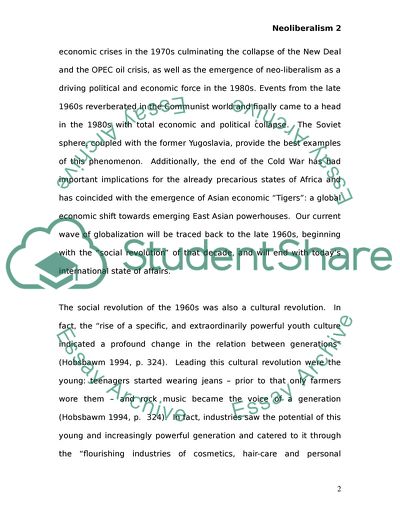Cite this document
(“How do the views of 'constructivist' theorists about international Essay”, n.d.)
How do the views of 'constructivist' theorists about international Essay. Retrieved from https://studentshare.org/miscellaneous/1553668-how-do-the-views-of-constructivist-theorists-about-international-security-differ-from-those-of-neo-realists
How do the views of 'constructivist' theorists about international Essay. Retrieved from https://studentshare.org/miscellaneous/1553668-how-do-the-views-of-constructivist-theorists-about-international-security-differ-from-those-of-neo-realists
(How Do the Views of 'constructivist' Theorists about International Essay)
How Do the Views of 'constructivist' Theorists about International Essay. https://studentshare.org/miscellaneous/1553668-how-do-the-views-of-constructivist-theorists-about-international-security-differ-from-those-of-neo-realists.
How Do the Views of 'constructivist' Theorists about International Essay. https://studentshare.org/miscellaneous/1553668-how-do-the-views-of-constructivist-theorists-about-international-security-differ-from-those-of-neo-realists.
“How Do the Views of 'constructivist' Theorists about International Essay”, n.d. https://studentshare.org/miscellaneous/1553668-how-do-the-views-of-constructivist-theorists-about-international-security-differ-from-those-of-neo-realists.


